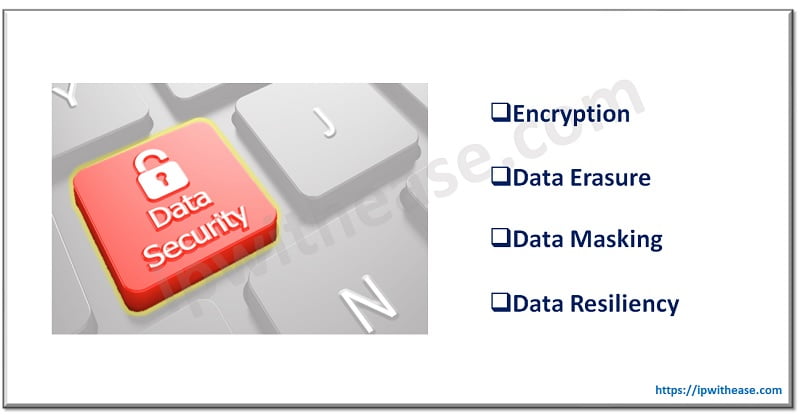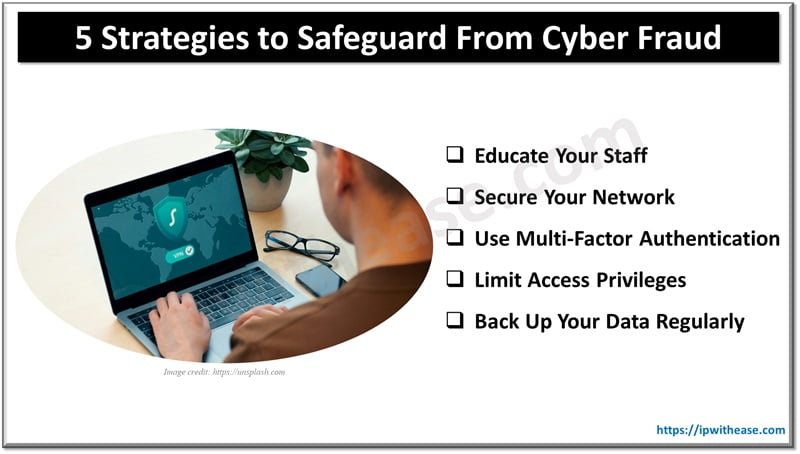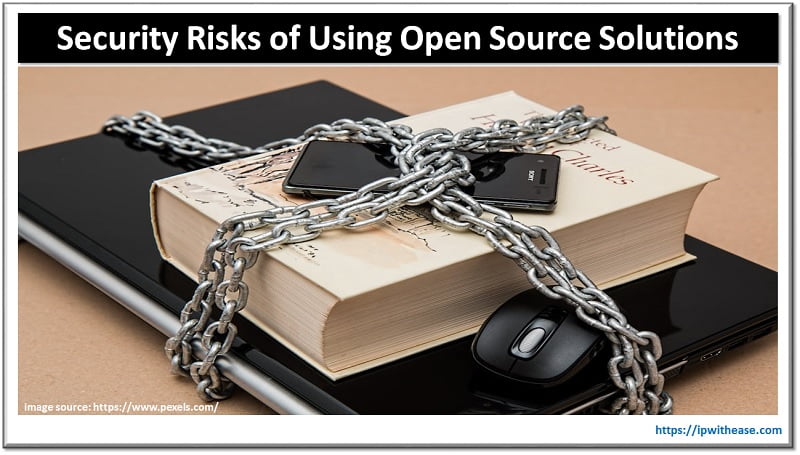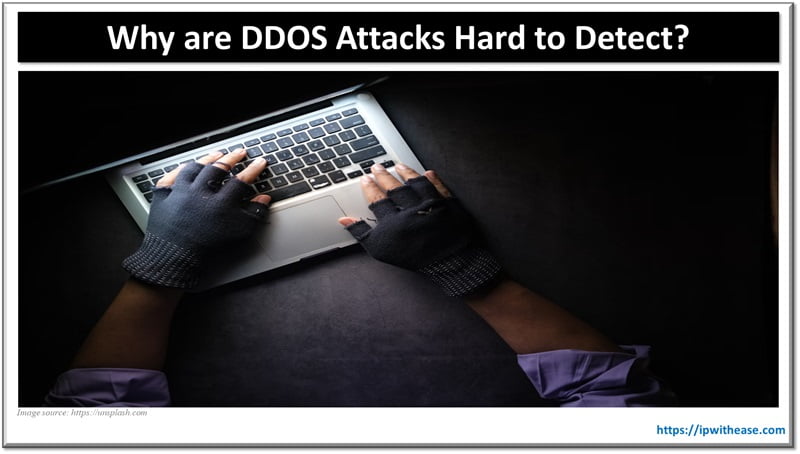Table of Contents
Data Security Meaning and Definition
Data security encompasses the imperative task of shielding and preserving data from any form of unauthorized interference, unauthorized access, disclosure, disruption, tampering, or destruction. It entails a comprehensive range of measures and practices meticulously crafted to fortify the protection of sensitive information. Within this context, sensitive data encompasses highly valuable assets such as personal data, financial records, intellectual property, and confidential business data.
The broader concept of data security necessitates the unwavering implementation of technical, administrative, and physical controls to prevent unauthorized individuals or entities from breaching data security or undermining its integrity. These rigorous controls encompass formidable techniques, including encryption, access controls, authentication mechanisms, firewalls, and intrusion detection systems. By diligently upholding data security, organizations effectively minimize the risks associated with data breaches, identity theft, financial fraud, and reputational damage. Thus, they safeguard individuals’ and businesses’ privacy and trust, instilling an unwavering sense of confidence.
Why Is Data Security Important?
Data security, like cyber security, is very vital. Organizations that welcome the idea of data security and cyber security are bound to benefit massively. Here are some of the benefits of data security:
Safeguarding Sensitive Information
Data security guarantees both information confidentiality and privacy. If you have sensitive information that needs protection from the public or hackers, then you should consider leveraging the immense power of data security. This data could include things such as personal details, health records, financial information, passwords and other login credentials. Imagine what will happen if such information leaks into the wrong hands.
Mitigating Financial Losses
Data breaches and cyberattacks have the potential to inflict severe financial losses on organizations. The associated costs, including incident response, legal ramifications, customer compensation, and damage to reputation, can be exorbitant. Implementing stringent data security measures is crucial to counter these substantial financial risks. Doing so can significantly reduce the probability of breaches and their detrimental financial implications.
Upholding Customer Trust
The preservation of customer trust and loyalty is an imperative objective for businesses. The pivotal role played by data security in maintaining this trust cannot be understated. Organizations solidify their credibility by assuring individuals that their personal information remains impeccably safeguarded. When customers are confident in an organization’s unwavering commitment to data security, they are more inclined to forge enduring relationships, entrust their information, and actively engage with the business.
Ensuring Compliance with Regulatory Requirements
In some contexts, data security measures can be a legal requirement and crucial to meeting industry regulations and protecting sensitive information. Fulfilling these regulatory mandates demonstrates adherence to legal frameworks and fosters stakeholder credibility and trust.
Prevention of Reputational Damage
Data breaches and security incidents can lead to severe reputational damage for organizations. News of a data breach can spread quickly and erode customer trust and confidence. By prioritizing data security, organizations can demonstrate their commitment to protecting sensitive information, thereby safeguarding their reputation and maintaining a positive brand image.
Types of Data Security
Understanding the different types of data security is crucial for organizations to safeguard their data effectively. The following are the various types of data security:

Encryption
Encryption is a crucial process that transforms data into a highly secure and coded format, allowing exclusive access solely through an encryption key. By employing encryption, unauthorized individuals who manage to obtain the data will be unable to comprehend its contents without possession of the encryption key.
Data Erasure
Data erasure, also known as data wiping or sanitization, encompasses the irrevocable elimination of data from storage devices to guarantee its absolute impossibility of recovery. This process involves overwriting the data with random or predefined patterns to render it irretrievable. Consequently, data erasure ensures that no sensitive information can be accessed following the disposal or repurposing of the storage media, thereby fortifying the protection of confidential data.
Data Masking
Data masking is the process of disguising sensitive information with fictional or altered data. It ensures that sensitive data remains protected during testing, development, or other non-production activities, allowing organizations to work with realistic data while maintaining privacy and security.
Data Resiliency
Data resiliency prioritizes the absolute assurance of data availability and accessibility, even in the most challenging circumstances, including hardware failures, natural disasters, or cyberattacks. It necessitates the meticulous deployment of redundancy, backup, and disaster recovery strategies to significantly mitigate the adverse consequences of data loss or system downtime and guarantee swift data restoration.
Data Security Tips
Implementing effective data security measures is crucial, and here are some practical tips to enhance your data security posture.
Install SSL Certificate
SSL certificates initiate encrypted sessions, ensuring data moves safely between two communicating ends. This impenetrable safeguard effectively thwarts any interception attempts or unauthorized access by malicious actors. Moreover, an SSL certificate plays a pivotal role in establishing unwavering trust among your website visitors, as it prominently displays a padlock symbol and “https” in the URL, unequivocally signalling a robust and secure connection.
Backup your Data
Maintaining a disciplined practice of consistently backing up your data is absolutely imperative in safeguarding against the perils of hardware malfunctions, inadvertent deletions, insidious ransomware infiltrations, and various unforeseen calamities. This includes processes like migrating data from MongoDB to BigQuery to ensure secure and reliable data storage for analysis and recovery.
Establishing automated backup procedures that securely preserve your data in off-site facilities or trusted cloud storage services is an unequivocal necessity. Such measures guarantee that in the event of compromised or lost primary data, you possess the means to recover swiftly and reinstate it to its prior state, thereby minimizing any detrimental impact on operational continuity, financial stability, and the preservation of your esteemed reputation.
Install Anti-Virus
For 100% data security on your network, please consider installing a firewall. Firewalls protect your network against various attack forms. It denies the entrance of malware infections such as worms and trojans. In short, the firewall acts as a barrier that protects your network against “malwares.” While implementing this security tip, it is of utmost importance to maintain regular updates for your anti-virus software, ensuring its proficiency in promptly detecting emerging threats.
Additionally, it is strongly recommended to establish routine system scans and activate real-time protection functionalities, thereby taking proactive measures to monitor and pre-emptively counteract malware infections vigilantly.
Use Strong Passwords
Establishing and employing robust passwords is imperative to safeguard your accounts and systems against unauthorized entry. A formidable password must possess distinctiveness, intricacy, and an inherent difficulty in being deciphered. Employing a blend of uppercase and lowercase letters, numerals, and special symbols is recommended. Steer clear of easily deducible details such as birthdates, pet names, or commonly used phrases.
Furthermore, it is highly advisable to employ a password manager for the purpose of generating, storing, and effectively managing intricate passwords for various accounts, thereby minimizing the susceptibility to security breaches arising from password-related vulnerabilities.
Use Two-Factor or Multi-Factor Authentication
Passwords are not a surefire way to protect your system against data breaches. Cases of password breaches have been so popular, especially in the recent past. This is why installing additional account access procedures in the name of 2FA or MFA is crucial. By imposing an additional requirement beyond the password, users are mandated to furnish a secondary form of verification.
This can include a distinct code dispatched to their mobile device or the utilization of a biometric authentication technique like fingerprint or face recognition. The implementation of such measures fortifies the level of protection, rendering the likelihood of unauthorized access considerably diminished, even if an attacker manages to obtain the password.
Update your Software and Systems
Ensuring the consistent updating of your software, operating systems, and application is an imperative measure to effectively address security vulnerabilities and fortify defenses against evolving threats. Software updates play a vital role in incorporating essential security patches that rectify established vulnerabilities and shortcomings susceptible to exploitation by malicious individuals. To establish an authoritative security posture, it is imperative to enable automatic updates whenever available and diligently monitor and install updates manually to guarantee that your systems remain in sync with the most recent security enhancements. This practice applies ubiquitously to all software, encompassing operating systems, web browsers, plugins, and any other applications employed.
Install a Firewall
The installation of a firewall serves as a robust network security barrier that diligently monitors and exerts control over both incoming and outgoing network traffic, strictly adhering to pre-established security protocols. Firewalls, whether in the form of hardware or software, meticulously scrutinize data packets to effectively filter and obstruct any unauthorized access attempts, dubious connections, and potentially harmful network activity. The deployment of a firewall reinforces your network infrastructure with an authoritative layer of defense, significantly mitigating the potential hazards associated with unauthorized access, malware infiltrations, and compromising data breaches.
Conclusion
In the current era of digital advancements, data security emerges as an imperative concern demanding the utmost attention from both individuals and organizations. The escalating frequency and intricacy of cyber threats necessitate proactive and resolute actions to fortify the protection of sensitive information. By comprehending the significance and essence of data security, coupled with the implementation of essential data security measures and adherence to best practices, individuals and organizations can effectively bolster their capacity to shield data from unauthorized access.
In doing so, they not only mitigate potential financial losses but also uphold customer trust, ensure adherence to regulatory standards, and avert any harm to their reputation. By embracing data security as a foundational imperative, we empower ourselves to navigate the digital realm with unwavering confidence, preserving the privacy and integrity of our invaluable data assets.
Continue Reading:
Top 5 Data Breaches in Cyber Security and Possible Preventative Measures
Honeypot vs Sandbox: Network Security
ABOUT THE AUTHOR
IPwithease is aimed at sharing knowledge across varied domains like Network, Security, Virtualization, Software, Wireless, etc.



